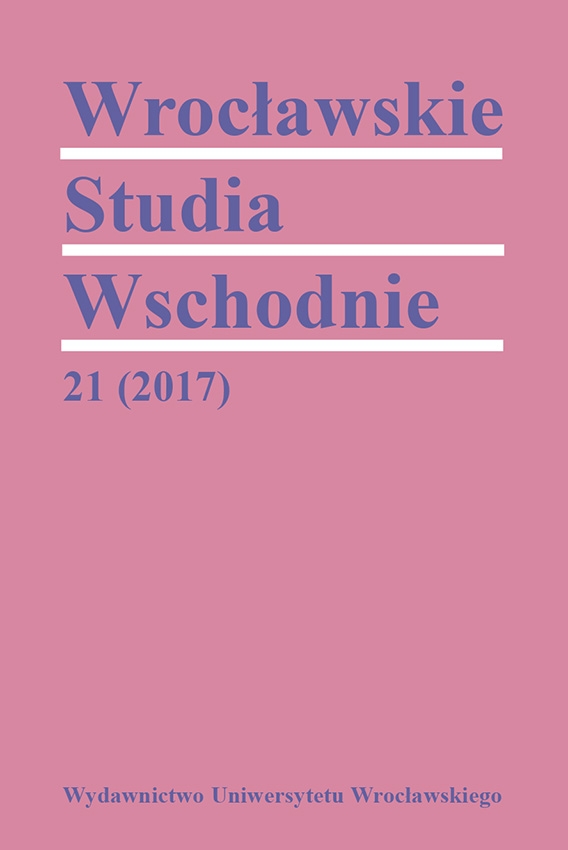

Articles

Московские корни коммунистической элиты власти в Польше
Статья посвящена московским корням коммунистической элиты, правящей т.н. На-родной Польшей после II Мировой воины. Автором предприняты попытки определения форм и методов формирования будущих правящих кадров Коммунистическим интернационалом и советским аппаратом безопасности, а также представления количественного и качественного участия этих людей в послевоенной элите власти. Понятие «элита власти» здесь понимается как «правящая элита» ПРП и ПОРП, в которую, кроме членов руководства партии Политбюро и Секретариата Центрального комитета, следует включить лица, занимающие самые высокие руководящие посты в разных секторах аппарата власти на центральном уровне: руководителей отделов ЦК ПРП/ПОРП, членов Совета министров и Президиума КРН, а с 1947 г. Государственного совета, заместителей министров и директоров департаментов в Министерстве общественной безопасности, а затем в МВД, а также членов т.н. Партийного коллектива МНО. Учитывались также I секретари Воеводских комитетов ПРП/ПОРП как самые главные лица на уровне воеводства.
The Moscow roots of the communist power elite in Poland
In the article the author discusses the Moscow roots of the communist elite which ruled the so-called People’s Republic of Poland after the Second World War. He describes the forms and methods of preparing future rulers of the country by the Communist International and the Soviet security services, as well as the actual quantitative and qualitative share of those individuals in the post-war power elite. The term “power elite” is understood here as the “real elite” of the Polish Workers’ Party and Polish United Workers’ Party, to which we should add, in addition to the party leadership Political Bureau and the Secretariat of the Central Committee, people holding the highest offices in various segments of the power system on the central level: heads of the Party’s Central Committee departments, members of the Council of Ministers and Presidium of the National Council, and from 1947 State Council, deputy ministers and heads of departments of the Ministry of Public Security and then Ministry of Internal Affairs, as well as members of the so-called Party Team at the Ministry of National Defence. The group also includes the First Secretaries of the Regional Committees of the Party as the most important figures on the regional level.